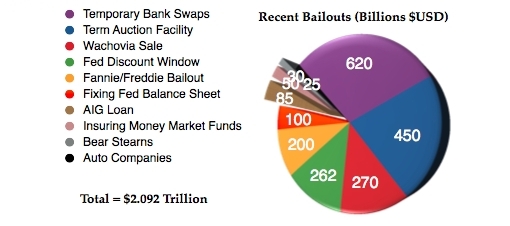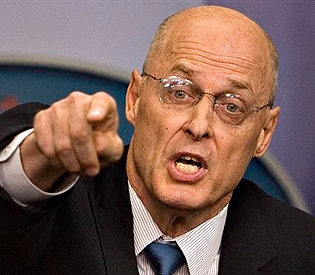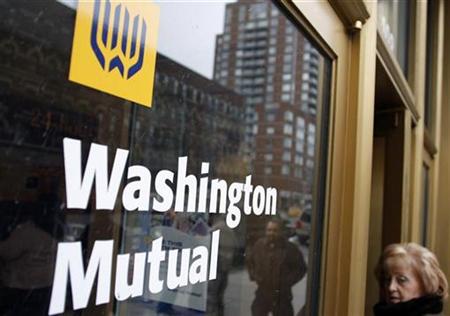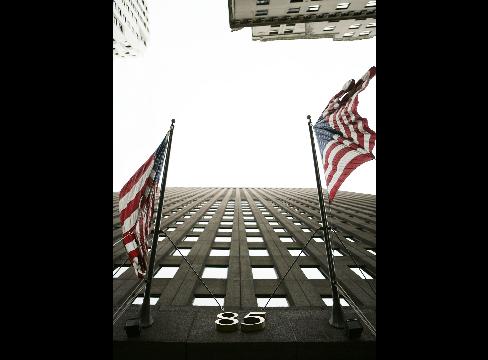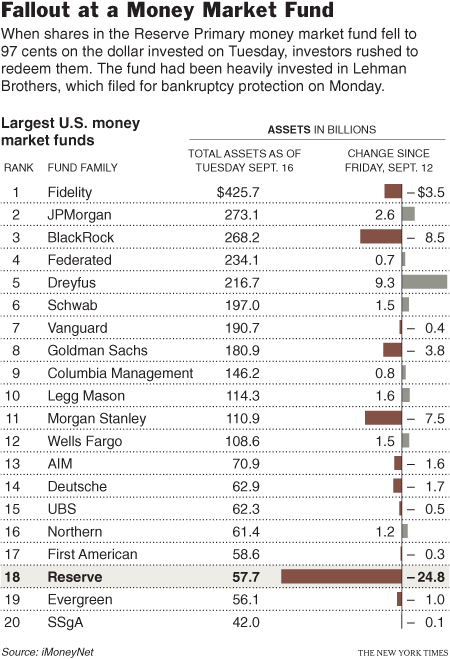Stock markets across the world are in a state of hysteria. The tidal wave of sell-offs, which began when Henry Paulson announced the Bush administration’s $700 billion bailout plan for the sinking banking system, has swelled into a global tsunami racing round the globe.
Shares fell sharply across Europe and Asia for the fifth straight day following a 679 drop on the Dow Jones. Nearly $900 billion was wiped off the value of U.S. equities in just one trading day. The Chicago Board Options Exchange Volatility Index, the “fear index”, soared to a record 64.
Credit markets remain frozen. Libor, the London interbank offered rate, nudged up slightly on Thursday night, signaling even greater resistance to lending between the banks. Until there is relief in the credit markets, stocks will continue to slide. But trust has vanished. The 50 basis points rate cut that was coordinated with foreign central banks has had no effect. The market is being driven by fear and pessimism.
